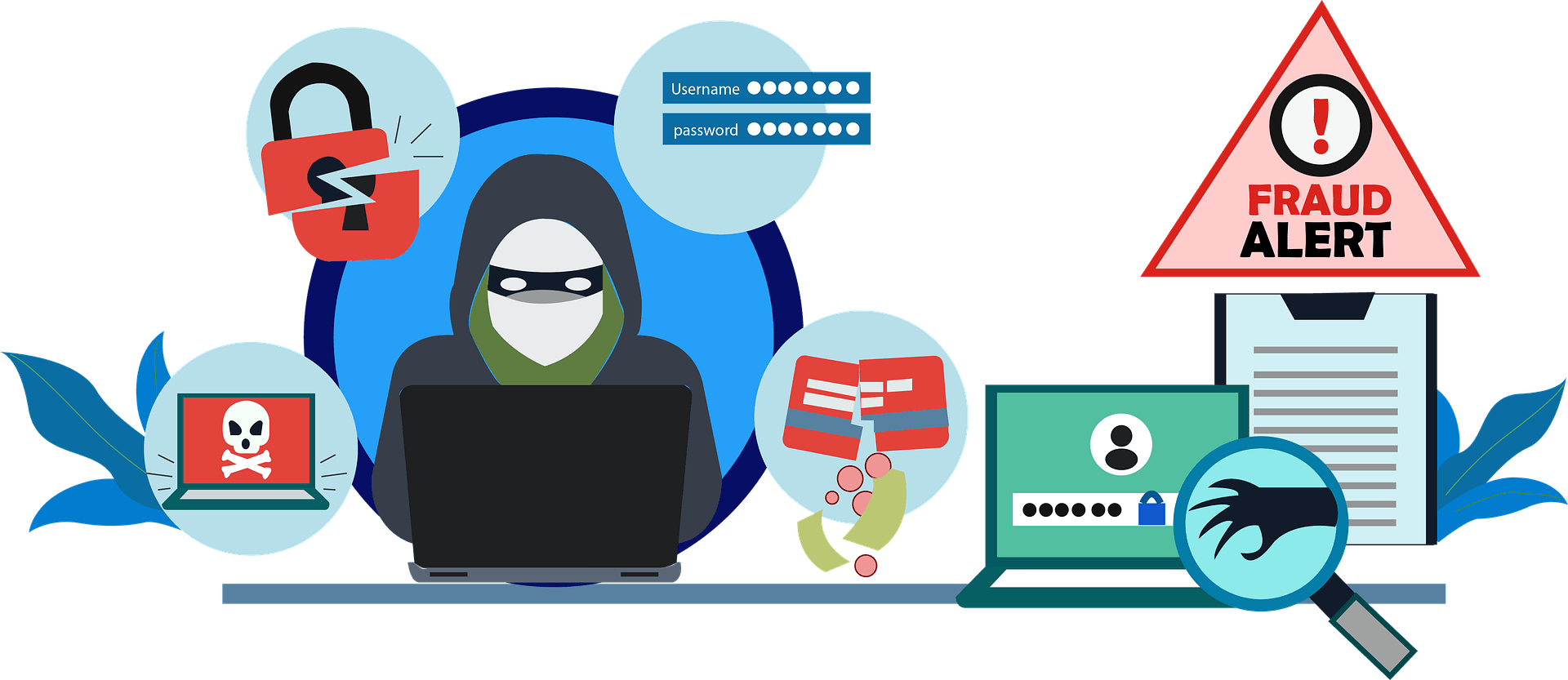What is hacking?
Hacking refers to practices of trying to hack digital devices, such as
computers
smartphones
tablets
and even whole networks.
And while hacking may not always be for malicious reasons, nowadays most hacking references and hackers describe it/them as cybercriminals' unlawful activity—motivated by financial benefit, outrage, collecting information (spying), and even just for the challenge's "fun". Example of hacking: Use a password-cracking algorithm to get access to a network.
Most believe that the term "hacker" refers to some self-taught whiz kid or eccentric programmer who is skilled at manipulating computers or mobile devices so that it can be used in ways beyond the purpose of the original creators. But this is a narrow-minded view that doesn't begin to encompass the broad range of reasons why somebody turns to hacking.
Cybercrimes cost millions of dollars each year to many organizations. Businesses need to guard against these threats.
Who is a Hacker?
A Hacker is a person to gain access by discovering and manipulating the vulnerability in computer systems and/or networks. Hackers are typically professional computer programmers with information security expertise. Psychology can also be used by hackers to trick the user into clicking a malicious link/attachment or supplying personal data. Such techniques are called "social engineering."
Hackers are categorized according to their acts intended. The list below classifies hackers by their motives.

1. Ethical Hacker (White hat):
White-hat hackers are considered
the good guys
collaborating with organizations to enhance a system's security
requires authorization to engage the targets and breach them under the specified engagement rules
This person is trained in ethical hacking methods, strategies, and methodologies to protect data and information systems for an enterprise. A hacker who gains access to systems to repair he/the vulnerabilities found. They can also conduct penetration testing and evaluation of vulnerability. The white-hat hackers are also used by organizations including Twitter, Microsoft, and Google.
2. Cracker (Black hat):
A black-hat hacker is a person who
attempts to obtain unauthorized access to a device or network for malicious purposes to exploit or manipulate them.
there is no authorization or approval for the black-hat hacker to compromise its goals.
In general, the purpose is to steal corporate data, infringe privacy rights, move funds from bank accounts, etc.
3. Grey hat:
A hacker is somewhere in the middle of black-hat and white-hat hackers or we can simply say that a grey-hat hacker is a mixture of white-hat and black-hat hackers.
- Without authority, Grey Hat hacks into computer systems to find vulnerabilities and expose these to the system owner.
Normally, grey-hat hackers surf the net and hack into computer networks and systems to inform the administrator or operator that there are one or even more vulnerabilities in their system/network that need to be resolved quickly.
4. Hacktivist:
A hacker uses malware to send financial, religious, and political messages and so on. Typically this is performed by hijacking websites and then inserting the message on the hijacked website.
5. Script kiddies:
A non-skilled individual who uses software already created to acquire access to computer systems.
6. Phreaker:
A hacker who discovers and exploits telephone vulnerabilities, rather than Computer systems.
Hacking and its consequences

Data leakage is one of the most frequent effects of hacking. In order to steal confidential information, hackers will gain computer access, which includes
usernames and passwords
credit card numbers
sensitive employee information, or
other valuable information.
They may be doing so for monetary gain or just out of curiosity.
Data leakage can be a serious matter for an organization or an individual. Losing confidential details to criminals will result in a corporation losing its competitive edge. When the data is confidential information belonging to a third person, such as a client, it may also have legal implications. If private communications like text messages or email communications are stolen, it can also be quite embarrassing for the individuals involved if sensitive topics have been discussed.
If additional usernames and passwords are included in the data taken, then maybe the compromised data can be used to hack other devices. These may also be used to rob money or make illegal payments if bank or credit card data were stolen. When you believe your usernames and passwords were compromised then instantly change usernames and passwords. Therefore, if your personal details seem to have been breached notify financial institutions.
How can hackers find me?
Whoever uses an Internet-connected device is vulnerable to the risks and can be easily hacked by hacking professionals. Generally, these online villains use phishing scams, spam emails, or instant messages, to deliver harmful malware or some malicious program to your internet-connected device and compromise the security of your Device
We'll discuss cybercrime and how to protect yourself from becoming a victim of cybercrime in later blogs.

